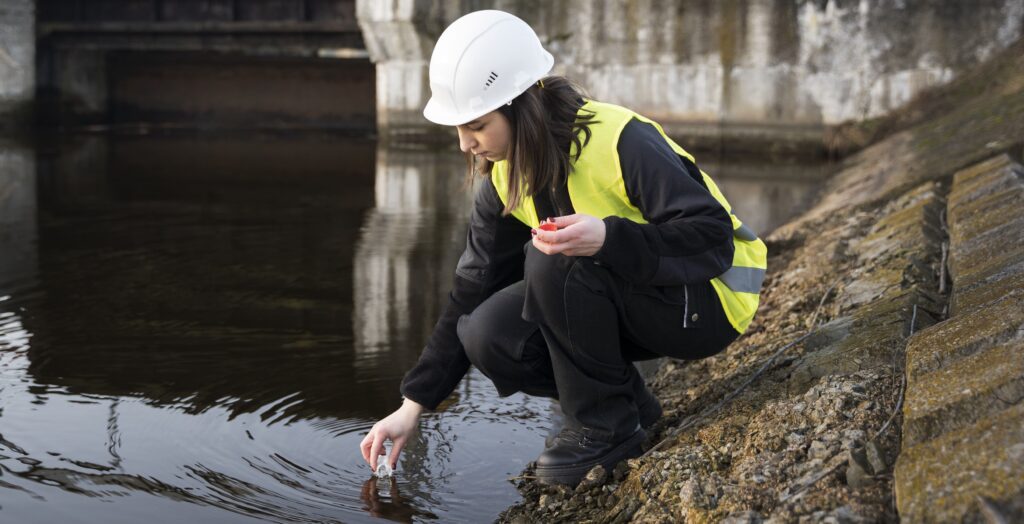Wastewater treatment in India plays a crucial role in India’s sustainable development and environmental conservation efforts. With the rapid growth of industrialization and urbanization, the need for effective wastewater treatment has become more pressing than ever. In this blog post, we will explore the importance of wastewater treatment in India and highlight its significant environmental benefits. With the help of this article, we aim to provide valuable insights into the current state of wastewater management, the challenges faced, and the positive impact of proper water treatment on the environment.
Current Scenario of Wastewater Treatment in India :
India faces significant challenges in wastewater management due to population growth, industrial expansion, and inadequate infrastructure. A considerable amount of wastewater generated from domestic, industrial, and agricultural sources is discharged into rivers and water bodies without proper treatment. This uncontrolled discharge leads to water pollution, and soil degradation, and poses severe health risks.
The Indian government has recognized the urgency of addressing this issue and has implemented various initiatives to improve wastewater treatment infrastructure and promote sustainable practices. The focus is on expanding treatment capacities, implementing stricter regulations, and raising awareness about the importance of wastewater management.
Environmental Benefits of Wastewater Treatment :
Proper wastewater treatment in India brings numerous environmental benefits that contribute to the overall well-being of ecosystems and communities. Here are some key advantages:
Water Pollution Control: Wastewater treatment removes harmful pollutants, organic matter, and pathogens from wastewater before it is discharged into the environment. This helps in preventing water pollution and protects the quality of rivers, lakes, and groundwater sources.
Protection of Aquatic Life: By removing toxic substances and maintaining the oxygen balance, wastewater treatment ensures the preservation of aquatic ecosystems. It supports the survival and growth of diverse aquatic life forms, including fish, plants, and other organisms.
Conservation of Water Resources: Treating wastewater allows for the safe reuse of water in various sectors like agriculture, industry, and landscaping. This reduces the strain on freshwater sources, promotes water conservation, and ensures sustainable water management.
Soil and Land Preservation: Properly treated wastewater, when used for irrigation and fertilization, enriches the soil with essential nutrients, helping in agricultural productivity. It reduces the need for chemical fertilizers, conserves arable land, and promotes sustainable farming practices.
Public Health Improvement: Wastewater treatment significantly reduces the risk of waterborne diseases and protects public health. Removing pathogens and harmful substances minimizes the spread of infections and ensures a safer environment for communities.
Challenges and the Way Forward:
Despite the growing recognition of the importance of wastewater treatment in India, several challenges persist in India. Inadequate infrastructure, lack of awareness, limited funding, and the need for skilled professionals are key obstacles that need to be addressed. To overcome these challenges, a multi-faceted approach is required.
This involves investing in wastewater treatment infrastructure, promoting public-private partnerships, enhancing regulatory frameworks, and raising awareness about the benefits of proper wastewater management. Additionally, implementing decentralized treatment systems, encouraging recycling and reuse of treated water, and integrating sustainable practices across industries and sectors can lead to a more comprehensive and effective wastewater management system in India.
Conclusion:
Wastewater treatment in India is of paramount importance for environmental conservation and sustainable development. By addressing the challenges and embracing efficient wastewater treatment practices, India can achieve cleaner water bodies, healthier ecosystems, and improved public health. It is essential for individuals, communities, industries, and the government to collaborate and prioritize proper wastewater treatment for a greener and healthier future.











